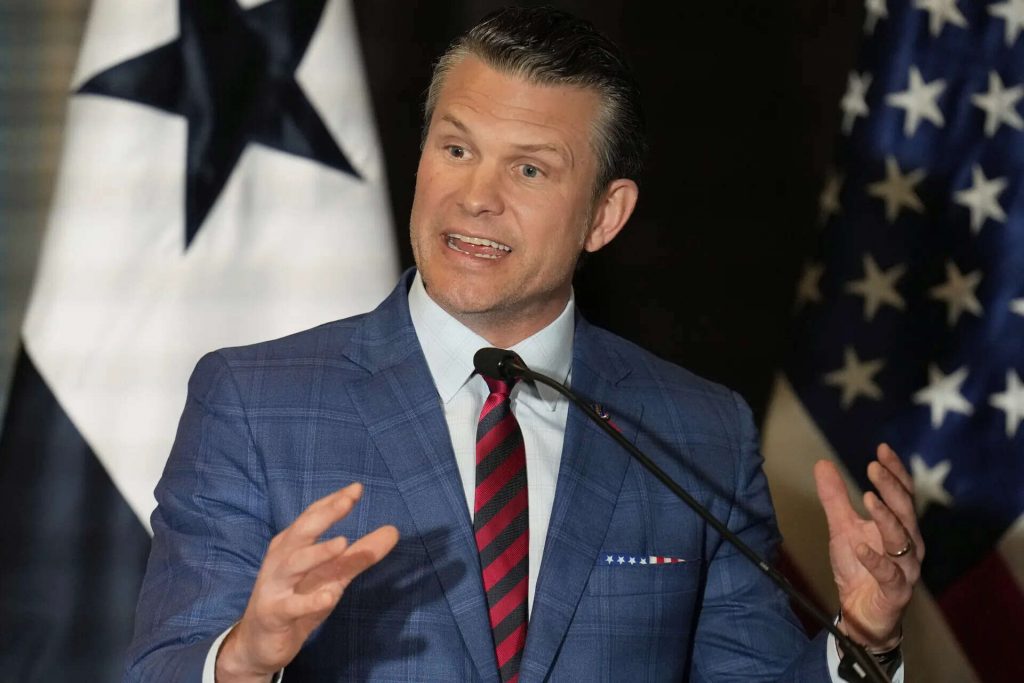US-based publicly traded crypto exchange Coinbase is considering applying for a US federal bank charter, as confirmed by a company spokesperson. The spokesperson mentioned that while Coinbase is actively considering this option, no formal decisions have been made yet. Recent reports suggested that Coinbase, along with other major crypto firms like Circle, Paxos, and BitGo, are planning to apply for a banking license in the United States. If Coinbase pursues a bank charter, it could allow the firm to operate similarly to traditional lenders by accepting deposits and issuing loans. However, obtaining a banking charter would also subject the firm to stricter reporting and regulatory oversight. Despite previous success stories like Anchorage Digital, which holds a federal bank charter, recent reports indicate that the US Department of Homeland Security’s El Dorado Task Force has launched an investigation into Anchorage Digital Bank. The move comes as US regulators show a softer stance on crypto regulation and integrate stablecoins into the broader financial system. Federal Reserve Chair Jerome Powell recently expressed support for establishing a legal framework for stablecoins, recognizing their potential consumer appeal. The US House Financial Services Committee passed the STABLE Act, a Republican-backed stablecoin framework bill, and another bill, the GENIUS Act, is also making its way through the legislative process. The two bills differ in their approach to regulating the stablecoin industry, with the GENIUS Act emphasizing a more flexible path that considers state and federal regulations. The STABLE Act enforces a two-year moratorium on issuing collateralized stablecoins and mandates that stablecoin reserves be held separately from business funds. On the other hand, the GENIUS Act aims to strengthen the dollar’s global dominance by establishing a legal framework for stablecoin payments and enhancing AML safeguards, reserve, liquidity standards, and sanctions checks. It also classifies stablecoin issuers as financial institutions.
Posted in
JUST IN


















